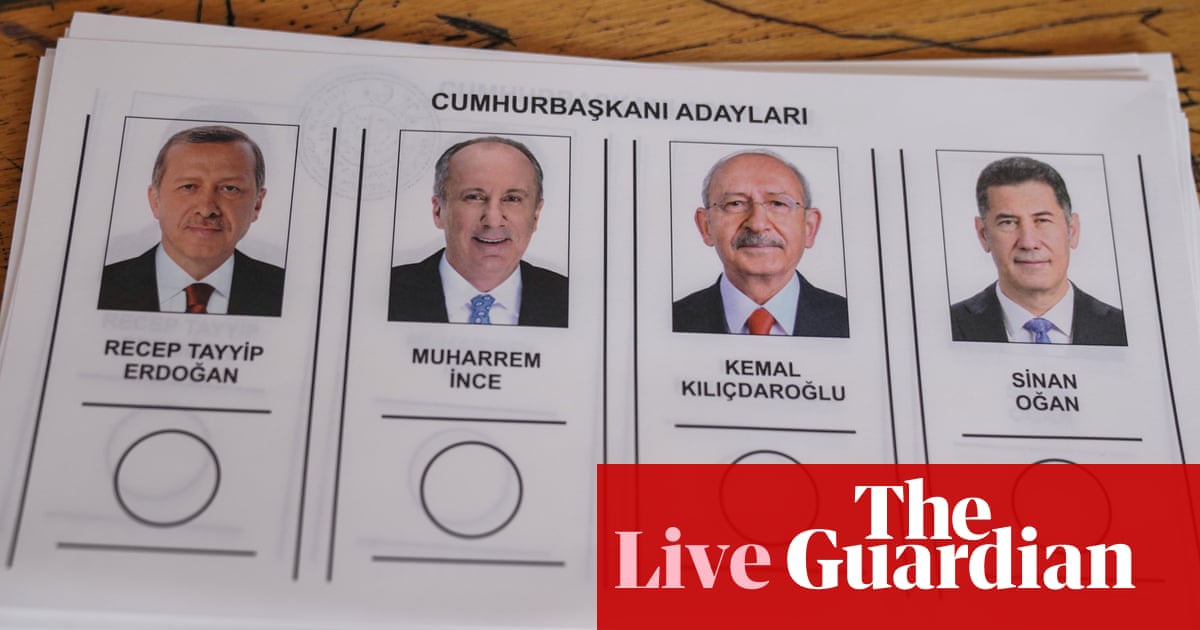
The rivalry between Israel and Iran has now escalated to a new and more dangerous level, making the likelihood of an all-out war between the two more probable than ever. This shift underscores a critical juncture in the region’s geopolitics, where the potential for a full-scale conflict is no longer a distant possibility, but an imminent threat.
For many years, Israel and Iran’s hostilities were confined to this shadow war, characterized by indirect attacks and strategic maneuvers designed to undermine each other without sparking a full-scale conflict. This delicate balance was disrupted in April 2024. Israel launched a direct airstrike on an Iranian diplomatic complex in Damascus, Syria. The attack resulted in the deaths of several high-ranking Iranian officials. Iran’s response involved the seizure of the Israeli-affiliated vessel MSC Aries and the launching of missile strikes on Israeli territory. These actions prompted Israel to retaliate with strikes on Iranian and Syrian targets on April 19. The sequence of these events marked a departure from the indirect methods previously employed, and signaled a willingness by both sides to engage in more overt military actions, thus raising the stakes significantly.
Following these escalations, both countries seemed to take steps to de-escalate the situation. This return to the shadow war indicated a mutual understanding that an all-out war would be detrimental to both parties. But in spite of the temporary lull in direct confrontations, the underlying tensions remained unresolved, creating a highly volatile situation.
The assassination of Hamas leader Ismail Haniyeh in Tehran, reportedly through a bomb smuggled into a guesthouse, has likely served as a catalyst for renewed direct confrontations. This incident brought the shadow war back into the spotlight and will most likely push the conflict to new heights.
From the Iranian leaders’ perspective, the attack is a direct affront that requires a strong response in order to deter future provocations, and to maintain its image of power on the regional and global stage. Iran’s leadership, spearheaded by Supreme Leader Ayatollah Ali Khamenei, has vowed to avenge Haniyeh’s death. For the Iranian leaders, the assassination is viewed as a direct challenge to their authority.
Khamenei reportedly issued orders for retaliatory attacks against Israel, framing the assassination as an egregious act necessitating a harsh response. The Islamic Revolutionary Guard Corps has echoed these sentiments, promising a severe and painful retaliation. This rhetoric reflects Iran’s broader strategic aims of demonstrating its power.
The heightened state of alert and the public commitments to revenge indicate a significant escalation in the rhetoric and actions likely to follow, highlighting the depth of the current crisis.
Iran’s leadership most likely feels it has to respond decisively in order to demonstrate its power and save face, both domestically and among its regional proxies. From the prism of the Iranian leaders, a failure to respond adequately could be interpreted as weakness, undermining Iran’s influence in the region.
A large-scale conflict with Israel would likely draw in the US, further straining Iran’s resources.
Dr. Majid Rafizadeh
Iran’s options for retaliation might be diverse and complex. One potential course of action could involve coordinating with its regional proxies, particularly Hezbollah, to launch attacks on Israeli targets. Hezbollah chief Hassan Nasrallah has vowed revenge for the death of Fouad Shukr, the group’s second-in-command. This indicates a willingness and readiness to escalate hostilities.
Another plausible scenario may involve Iran conducting direct military actions against Israel, utilizing its arsenal of drones and ballistic missiles. This approach mirrors previous actions, such as the missile strikes in April. Nevertheless, it is important to point out that direct attacks carry significant risks, including the potential for escalation into a wider conflict.
A third scenario may involve a combined offensive including Iran and Hezbollah, allowing both parties to claim revenge. This coordinated approach could amplify the impact of the attacks. By involving Hezbollah, Iran may attempt to leverage the group’s operational capabilities to enhance its strategic objectives. This scenario underscores the interconnected nature of regional alliances and the complexities of coordinating multi-faceted military operations.
It is important to consider Washington’s role in this escalating conflict. The Biden administration appears to be preventing a full-scale war. During previous confrontations, the US intercepted many Iranian missiles aimed at Israel. As tensions rise, the US is likely preparing for potential Iranian attacks and will play a crucial role in mitigating the risks of escalation.
The scope and scale of Iran’s potential retaliation remain uncertain, but several factors are likely to shape its response. Iran may aim to conduct a limited, targeted attack to avoid provoking a full-scale war, while still demonstrating its power. Such an attack would likely avoid civilian targets, and might involve advance notifications to the US or other major powers to manage the risks of unintended escalation. This approach reflects Iran’s strategic calculus, balancing the need for a robust response with the objective of avoiding a larger conflict that could be politically and economically devastating for the country. The careful planning and execution of such an operation would aim to achieve strategic objectives without crossing thresholds that could trigger uncontrollable escalation.
It is important to note that engaging in a full-scale war would be politically and economically disastrous for Iran, given its domestic challenges. The Iranian regime faces significant economic pressures and sociopolitical issues that would limit its capacity to sustain prolonged military engagements. A large-scale conflict with Israel would likely draw in the US, further straining Iran’s already limited resources and complicating its strategic calculations.
Therefore, Iran is likely to pursue limited, calculated strikes that allow it to assert its power, while avoiding the broader consequences of a full-scale war. However, Israel’s response to even limited Iranian strikes is unpredictable and could potentially escalate the situation further.
In conclusion, as Iran prepares to retaliate, the risk of an all-out war is increasing exponentially, threatening severe repercussions for regional stability and international security.
• Dr. Majid Rafizadeh is a Harvard-educated Iranian American political scientist. X: @Dr_Rafizadeh












